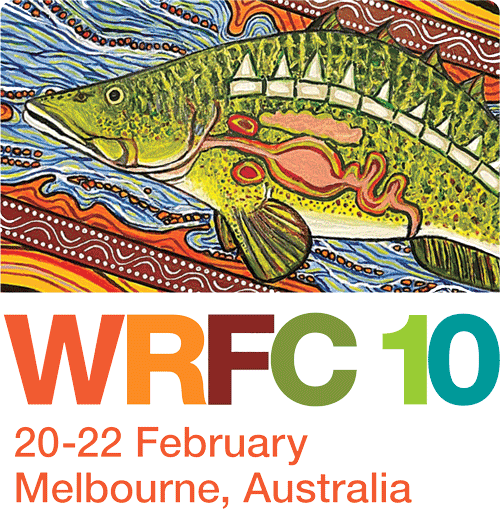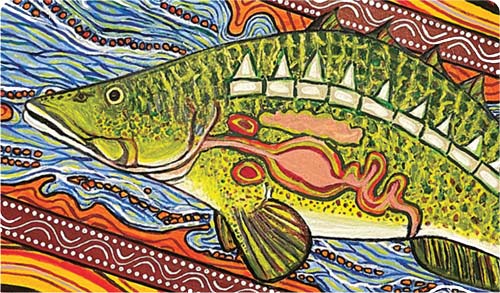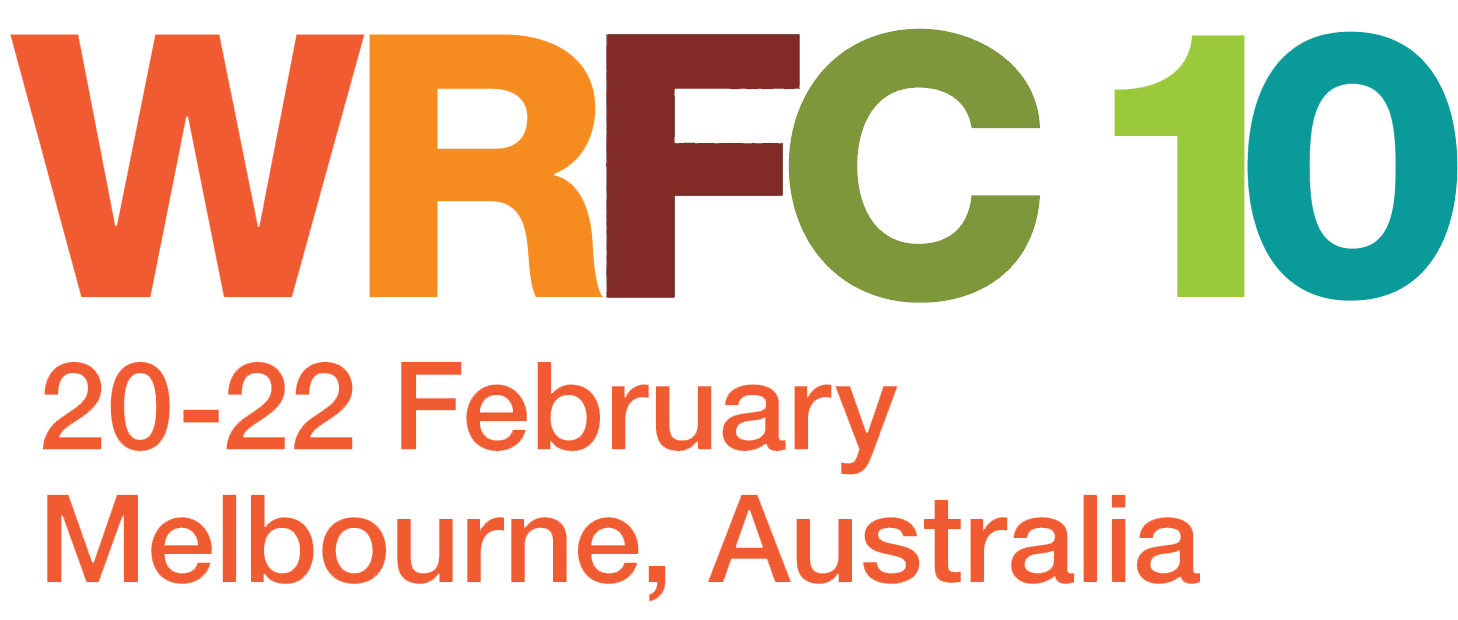International Scientific Board (ISB)
We are incredibly fortunate to have a diverse selection of some of the world’s best minds across the spectrum of fisheries science making up the International Scientific Board (ISB) for WRFC10: from interdisciplinary and integrated fisheries science, fish conservation and biology, sociology, social and economic science, marine and freshwater ecology, habitat restoration and rehabilitation, climate change, and everything in between.
The ISB is responsible for guiding the content of the WRFC 10, including the following:
- Developing and finalising conference session themes and subthemes (including special sessions) and workshops (input on activities)
- Assisting with the call for abstracts, reviewing abstracts and making recommendations on final abstract acceptance
- Identifying and organising keynote speakers and recommending plenary speakers
- Designing the conference program
- Preparing and coordinating special scientific journal publication of the presentations post-conference
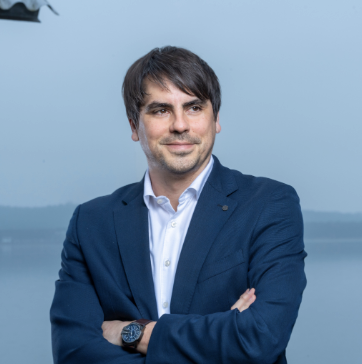
Robert Arlinghaus
Interdisciplinary Fisheries Professor
I am an interdisciplinary fisheries professor at Humboldt-Universität zu Berlin and have hosted the 6th WRFC in Berlin in 2011. I have been to all WRFC since 2002 in Darwin.
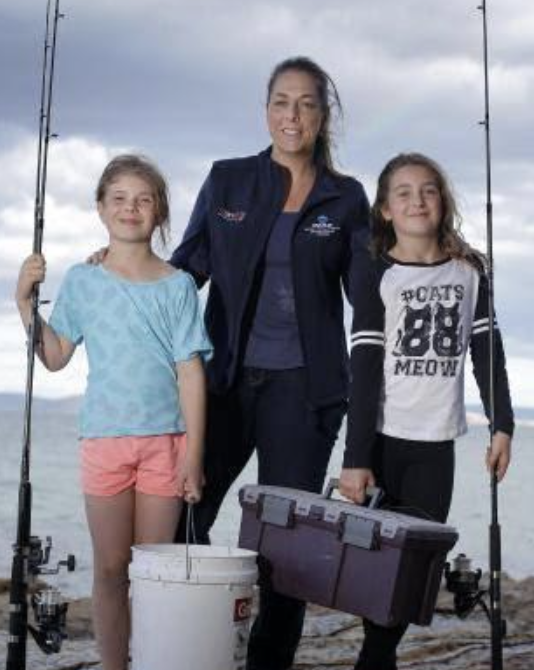
Gretta Pecl
Professor of Marine Ecology
Gretta Pecl is a Professor of marine ecology at the Institute for Marine and Antarctic Studies (IMAS), and the Director of the Centre for Marine Socioecology (CMS) at UTAS. She has deep expertise exploring the impact of climate change on natural systems, and developing adaptation options for conservation, fisheries and aquaculture, and she is a Lead Author for the IPCC AR6 WGII report. Gretta has a strong passion for science communication and engagement with the public and enjoys fishing for squid.
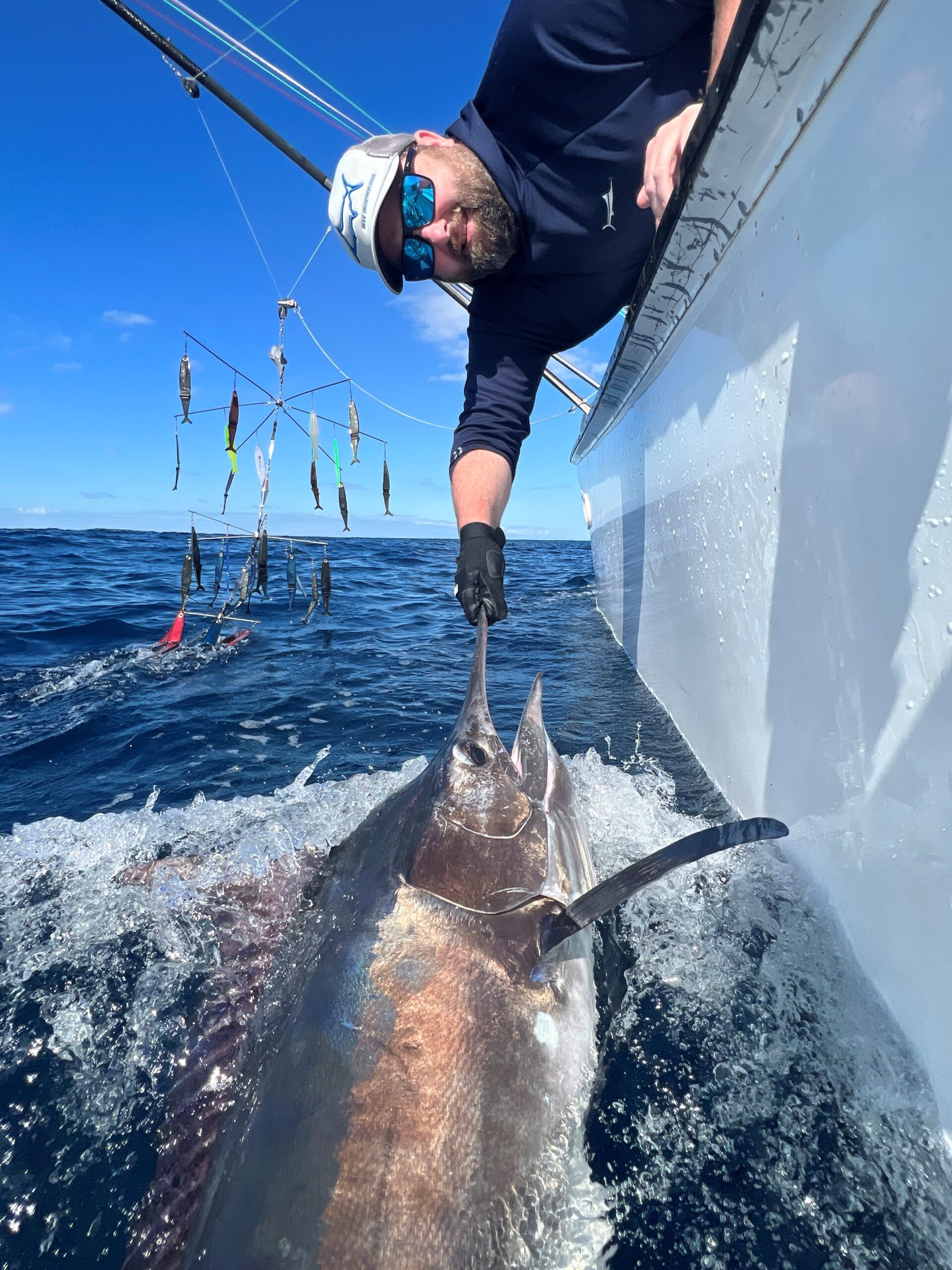
Sean Tracey
Associate Professor of Fisheries and Ecosystem Sciences and Head of the Fisheries and Aquaculture Centre IMAS
Sean Tracey is Associate Professor of Fisheries and Ecosystem Sciences and Head of the Fisheries and Aquaculture Centre within the Institute for Marine and Antarctic Studies at the University of Tasmania. With a diverse portfolio in fisheries and marine ecosystems science, he conducts innovative research across multiple disciplines with a particular focus on recreational fisheries. He has led multiple state and national recreational fishing surveys and conducts research at a national and international level to assess the effects of capture on the survival of a range of large pelagic species. He also leads the Tuna Champions program which is creating behavioural change and improved stewardship in recreational fisheries.
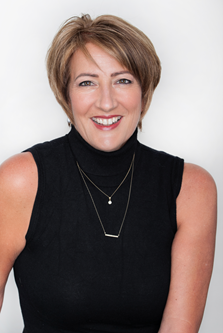
Kate Brooks
Social scientist, Director at KAL Analysis and Non-executive director at OzFish Unlimited
With twenty years’ experience in NRM and social research, Kate is focused on maximising natural resource management outcomes through employing social research and community engagement. Her particular area of interest - social capital and social license to operate - provides a basis for understanding community interactions, decision making structures, needs and development options, in changing environments.
While she has worked within and with state, federal and international NRM policy domains, managing and undertaking social research projects and providing advice for policy development, she has a passion for making the bureaucratic sensible to the everyday fisher and person on the street. In all her work, ‘sustainability’ both of the environment, for industry and for the community, are fundamental to her world view. Exploring ways to not only optimise sustainability, in all its forms, but in ways that generate benefits to multiple people, is one of the foundations of Kate’s work. She is committed to not only broadening our scientific understanding of our world, but the knowledge and networks of people that bring an integrated understanding of that world together for all our benefit.
While she has worked within and with state, federal and international NRM policy domains, managing and undertaking social research projects and providing advice for policy development, she has a passion for making the bureaucratic sensible to the everyday fisher and person on the street. In all her work, ‘sustainability’ both of the environment, for industry and for the community, are fundamental to her world view. Exploring ways to not only optimise sustainability, in all its forms, but in ways that generate benefits to multiple people, is one of the foundations of Kate’s work. She is committed to not only broadening our scientific understanding of our world, but the knowledge and networks of people that bring an integrated understanding of that world together for all our benefit.
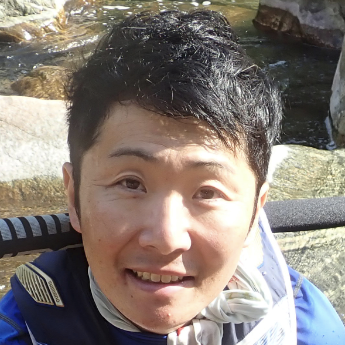
Jun-ichi Tsuboi
Senior Researcher, Inland Fisheries
Senior Researcher at the Inland Fisheries Group, Japan Fisheries Research and Education Agency. Key research areas include the sustainable use of inland fish resources and cormorant damage control. Hobbies include fishing and snowboarding.
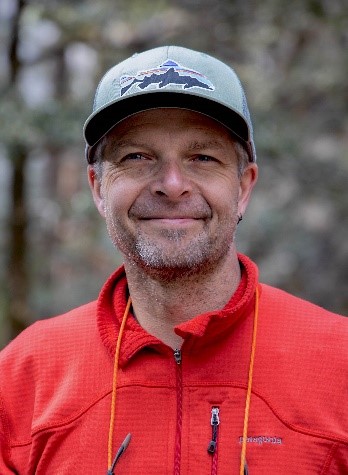
Andy Danylchuk
Professor of Fish Conservation
Dr. Andy Danylchuk has been working recreational fisheries for over 20 years. His current interests include understanding how fish response to capture and handling, spatial ecology of recreationally targeted species, and creative education and outreach to positively affect change in social norms of user groups and the broader fishing industry.
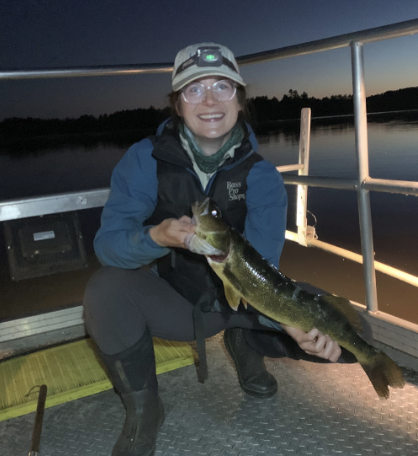
Holly Embke
Research Fish Biologist
Holly Embke is a Research Fish Biologist with the U.S. Geological Survey’s Midwest Climate Adaptation Science Center. Holly’s research aims to understand inland recreational fisheries in a changing climate across a range of scales. Her work is collaborative and seeks to inform the conservation of inland fishes by working with partners to address areas of management concern and develop adaptation strategies.
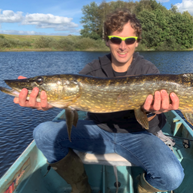
Paul Venturelli
Associate Professor of Fisheries
Paul is an Associate Professor of Fisheries, Ball State University. He studies temperature, life history, and population dynamics in the context of recreational fishing, and digital data sources such as smartphone apps as an opportunity to efficiently collect conventional and novel data about the resource and its users.
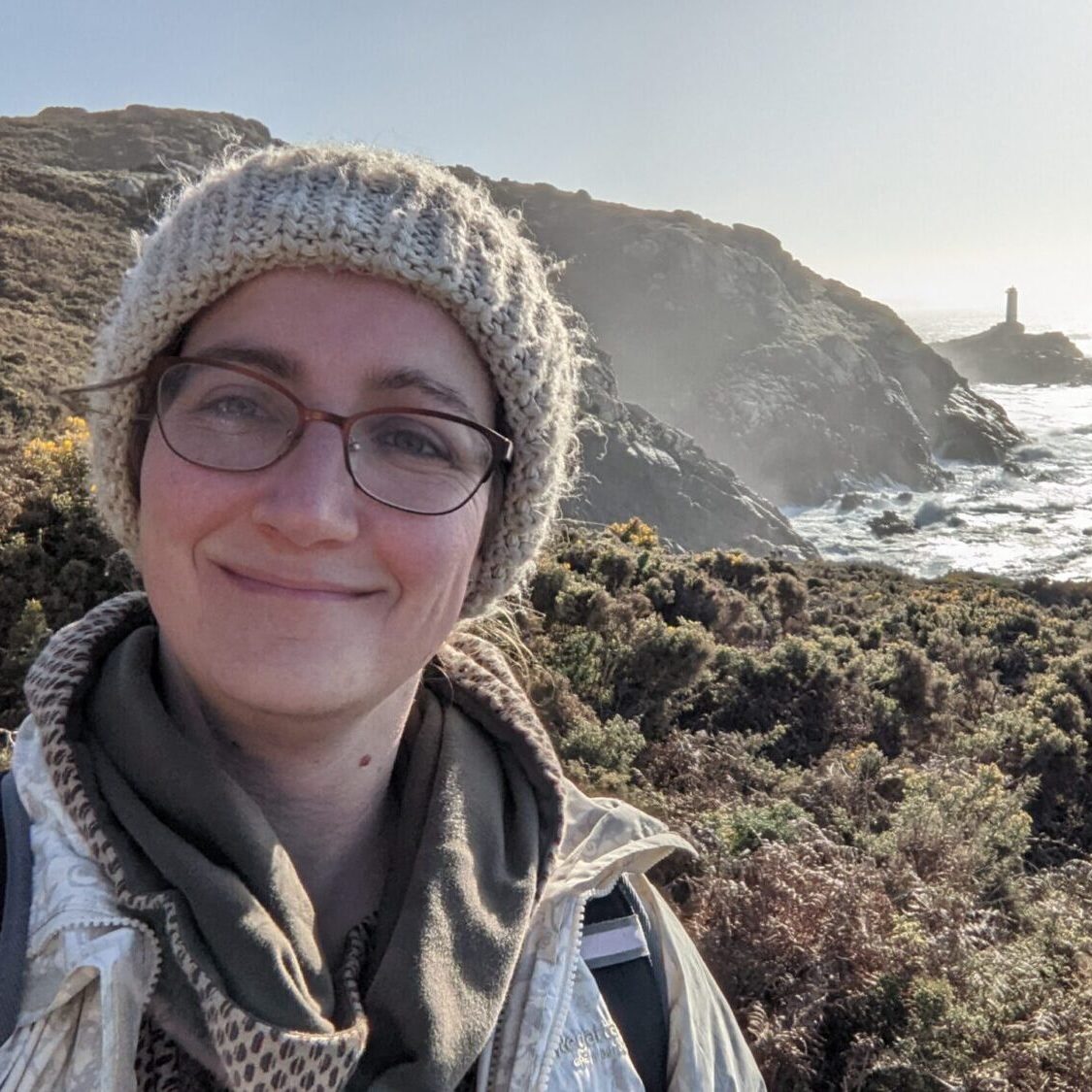
Sophia Kochalski
Postdoctoral Researcher
Sophia is a postdoctoral researcher at the University of Santiago de Compostela, Spain, and holds an Individual Fellowship funded by the EU's Marie Skłodowska-Curie Actions (MSCA-IF) for the project “Social transformation of marine fisheries" (SOCIALSHIFT 09/2021 - 09/2023). She has an interdisciplinary background in fisheries and political science and has worked with both commercial and recreational fisheries in marine, coastal and freshwater systems in Europe and South America. After completing a PhD at the University of Liverpool, UK, in 2017, she researched recreational salmon fisheries and public perceptions of river fish at the Leibniz Institute of Freshwater Ecology and Inland Fisheries (IGB) in Berlin, Germany, before working for 2,5 years as a fisheries consultant for the German agency for development cooperation (Deutsche Gesellschaft für Internationale Zusammenarbeit, GIZ). Back in academia, her goal is innovative, applied research that supports the sustainable and equitable use of natural resources.
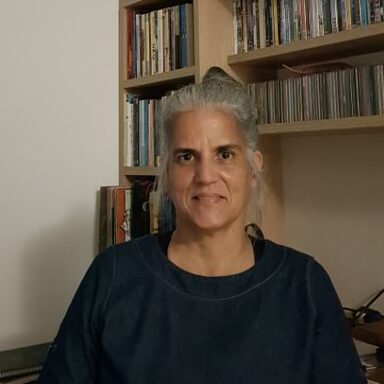
Katia Friere
Professor of Fisheries
Katia currently works at the Departamento de Engenharia de Pesca e Aquicultura, Universidade Federal de Sergipe, Brazil. Katia does research in Ecology, Zoology and Biology. Their current projects include analysis of commercial and recreational fisheries, shrimp fisheries and by-catch, otoliths, common names of fishes, and diet composition.
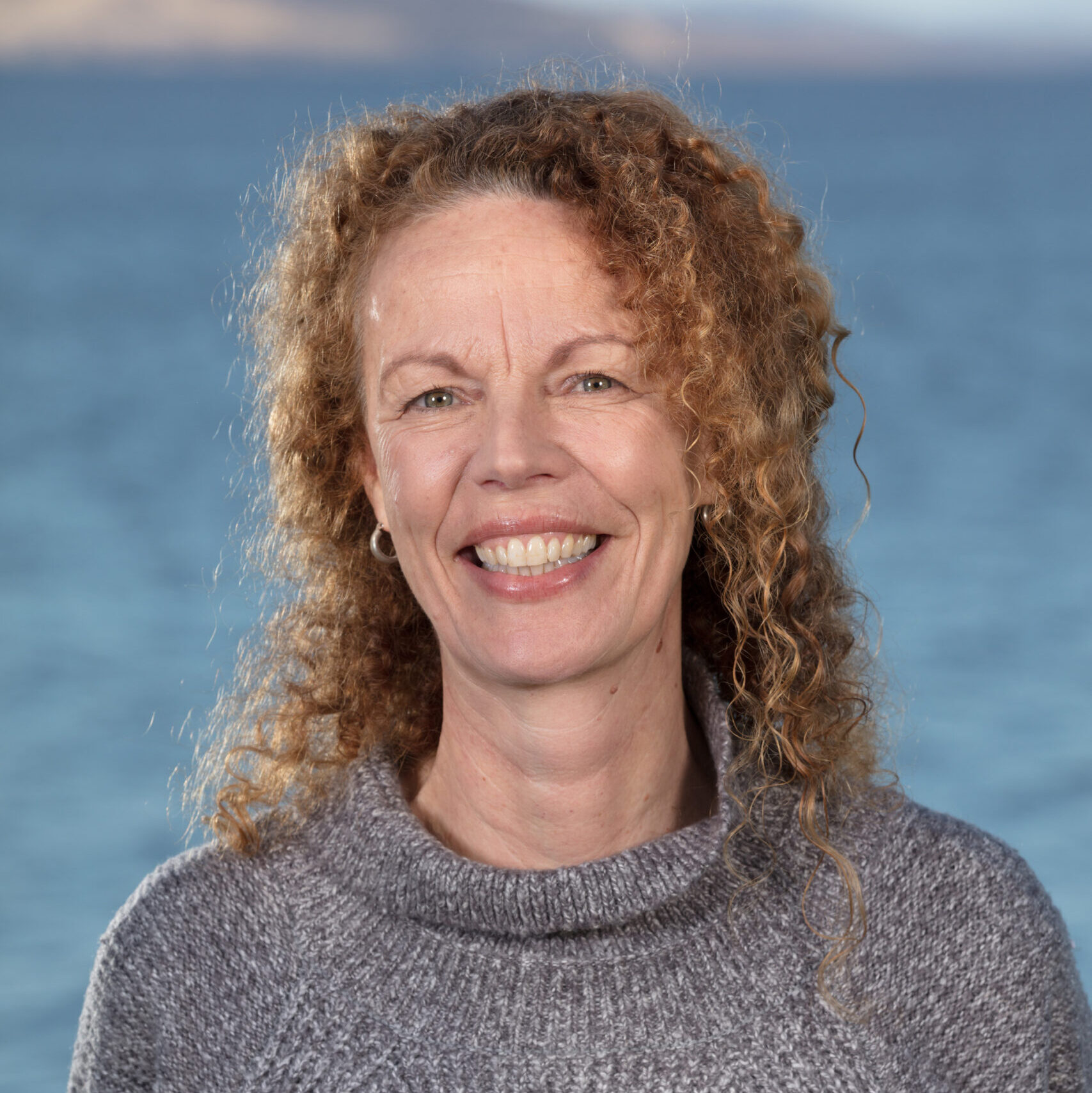
Ingrid van Putten
Senior Research Scientist and Adjunct Professor
Ingrid is a Senior Research Scientist with CSIRO Oceans and Atmosphere and an Adjunct Professor at the Centre of Marine Socioecology, at the University of Tasmania. With a background in economics, she is particularly interested in understanding why people make certain social and economic decisions as users of the marine environment. If we know why people make certain decision, we can figure out how to best influence people’s behaviour whether it is to reduce impacts, risks, or to adapt to a changing environment.
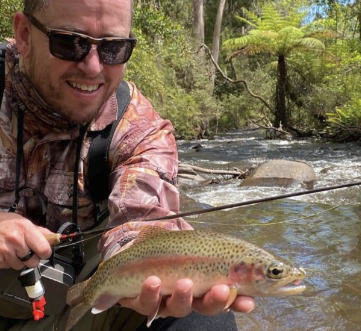
Corey Green
Leading Fisheries Scientist for Aquatic and Technical Services
Corey Green is the Leading Fisheries Scientist for Aquatic and Technical Services at the Victorian Fisheries Authority in Australia. Since completing his PhD in fisheries science and management in 2011, his research interests have become very diverse within both commercial and recreational fishing sectors. He enjoys all types of fishing but loves targeting trout on fly.
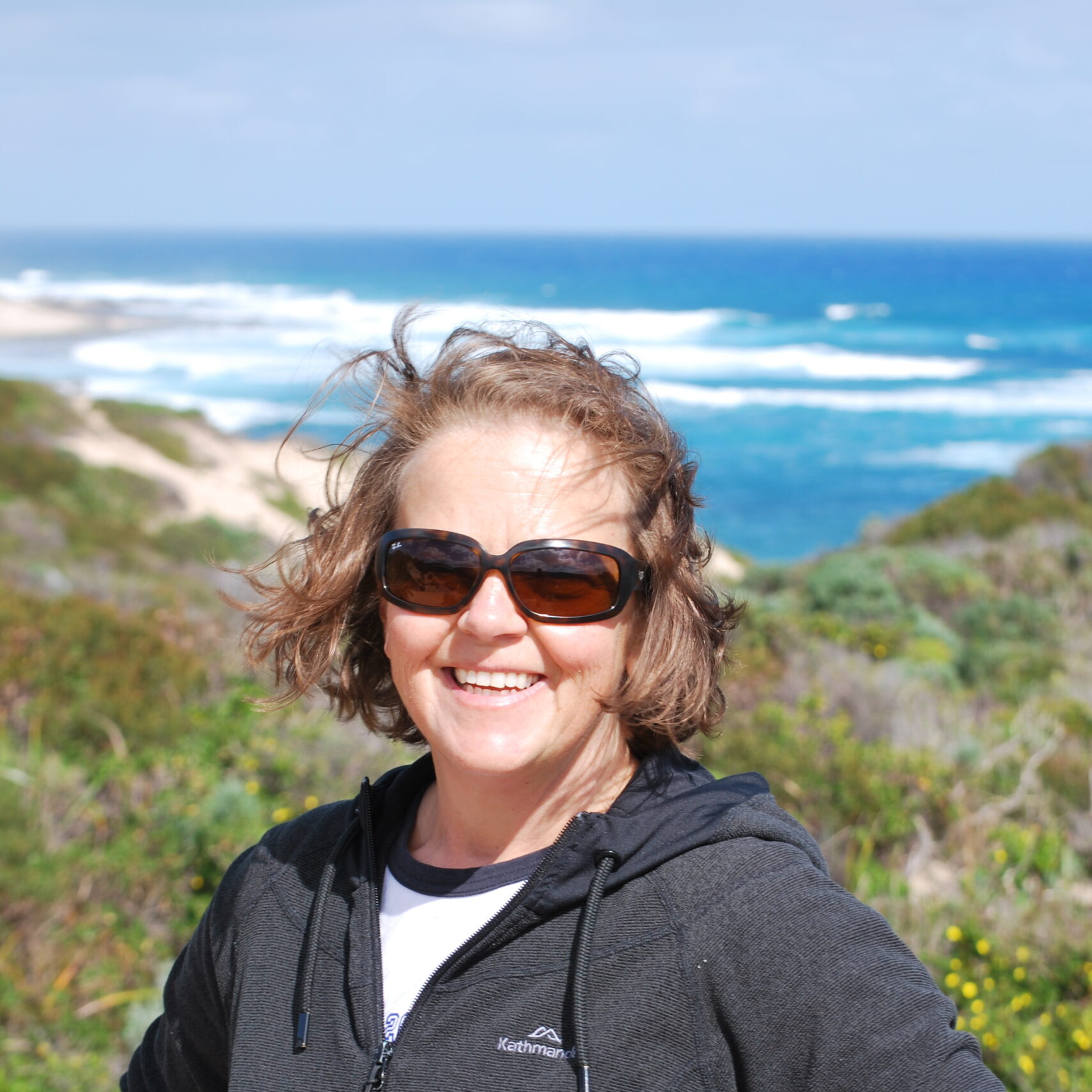
Karina Ryan
Senior Research Scientist
Karina Ryan is a Senior Research Scientist with a leading role in the design, implementation and analysis of recreational fishing surveys. She has experience in the analysis and interpretation of Indigenous, recreational and commercial fisheries data from projects in Queensland, Victoria and Western Australia. Karina enjoys spending time with family, especially travelling in regional Australia.
